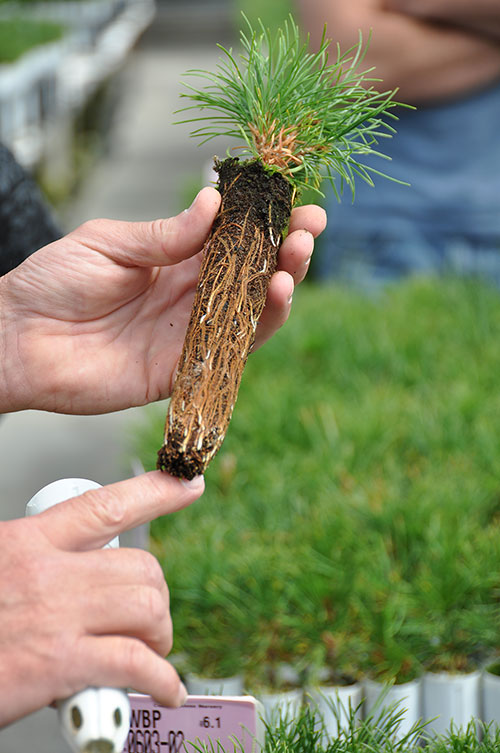
Photo Credit: U.S. Forest Service
EVERY FIVE YEARS, Congress reviews the farm bill to take stock of how to better support the foresters, farmers and ranchers who supply the food, fuel and fiber that keep us safe.
American Forests has been involved with the farm bill process since the very first in 1933, consistently working to ensure forest investments are integrated into the comprehensive legislation, which also contains titles that fund nutrition, crop insurance, commodities, rural development and conservation programs, among others. Most recently, American Forests supported and spoke up for the strong wildfire risk reduction and recovery provisions in the 2018 Farm Bill, which will remain in effect until the 2023 Farm Bill is passed, likely in early 2024.
As Congress negotiates the new farm bill, American Forests’ policy team has been working with lawmakers and their staff to expand policies that invest in the building block of forests: seeds. Not only does this mean advocating for more resources for our nation’s nurseries and those who staff them, but also for those collecting seeds and cones to provide raw material for seed production.
In March, Patrick Holmes, American Forests’ senior policy advisor for resilient forests, outlined the organization’s priorities for the bill before the House Committee on Agriculture:
- Authorize and increase funding for the Reforestation, Nursery, and Genetics Resources Program.
- Establish a new competitive grant program for reforestation research, nursery, seed collection/storage and workforce needs.
- Create nimble loan and loan guarantee financing for nurseries serving public, private and urban reforestation and recovery needs.
Scaling up capacity for our nurseries must be done urgently to support the pace of climate-adapted reforestation needed on our landscapes. As Holmes told Congress, “Unleashing partnerships right now, at a time where capacity is one of the greatest limiting factors in accomplishing our work, will be critical to everyone’s collective success.”